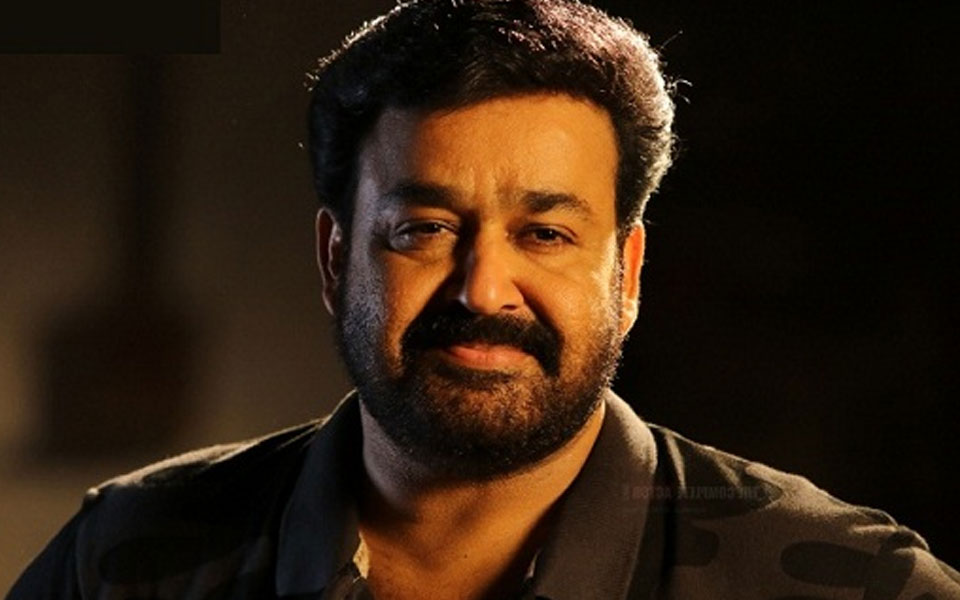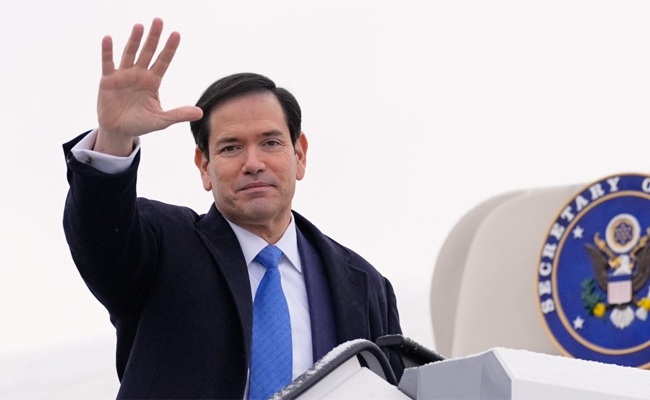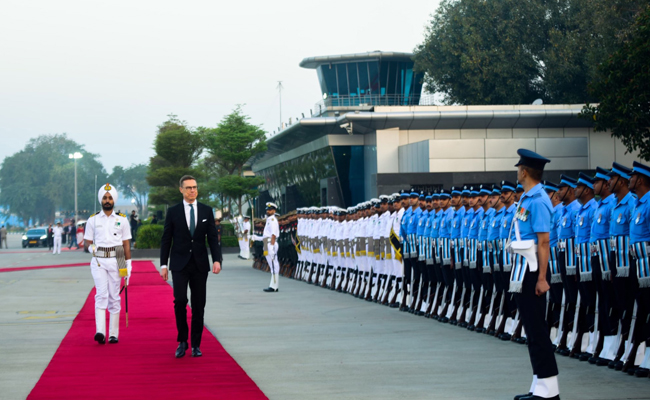Kochi, June 28 : Superstar Mohanlal, who leads the Association of Malayalam Movie Artistes, came under fire from the Kerala Women's Commission on Thursday over the decision to reinstate accused actor Dileep into the artistes' body.
Dileep is an accused in the February 2017 actress kidnapping case which took place in Kochi, that landed him in a Kerala jail for 85 days.
Breathing fire on Mohanlal, Commission Chairperson M.C. Josephine reminded that AMMA's Sunday decision led by the superstar was flawed. "No doubt, Mohanlal's stocks have definitely fallen," said Josephine to the media. This was the first decision taken by the new committee under Mohanlal.
Her statement came a day after four leading actresses, including the kidnap victim, resigned from AMMA.
"After this decision, the name of the organisation AMMA (mother) does not suit it anymore. The ruling Left government and the CPI-M party should look into this," added Josephine.
Dileep's reinstatement has become the centre of a row following the newly formed Women in Cinema Collective's (WCC) Facebook post on Monday and the subsequent resignation by four leading actresses from AMMA on Wednesday.
Even, Kerala Fisheries Minister J. Mercykutty on Thursday expressed surprise in the manner in which AMMA had revoked Dileep's suspension.
"It should not be forgotten that actors are icons and they should be perfect role models, but this decision that they took is baffling and not tenable.
"It's surprising that the two legislators -- Mukesh of the CPI-M and K.B. Ganesh Kumar, supporting the ruling Left government -- were also party to the decision," said Mercykutty .
PWD Minister G. Sudhakaran said that he never had a good opinion about Dileep. "He is an arrogant person. I fully support the four actress who quit AMMA, as none with any self respect can continue in the same organisation," said Sudhakaran.
Everyone is now awaiting superstar Mammootty's decision. It was Mammootty, who had announced the decision to remove Dileep from AMMA to the media, then.
However, Mammootty for the first time in several years, is not an office bearer anymore.
Let the Truth be known. If you read VB and like VB, please be a VB Supporter and Help us deliver the Truth to one and all.
Washington: Tensions rose at the US Capitol on Tuesday as lawmakers sought clearer answers from the Trump administration on the objectives, duration and costs of the ongoing military campaign against Iran, even as preparations advanced for votes aimed at curbing the president’s war powers.
Senior officials, including Secretary of State Marco Rubio, briefed members of the House and Senate for a second consecutive day behind closed doors, as reported by the Associated Press. The sessions came ahead of votes on war powers resolutions that would limit President Donald Trump’s authority to continue joint US-Israel operations without congressional approval.
Rubio told reporters that the president acted to prevent Iran from striking first. He rejected suggestions that Washington moved only because Israel was poised to launch its own offensive, saying instead that Trump believed the weekend presented a rare opportunity to act with maximum impact. “There is no way in the world that this terroristic regime was going to get nuclear weapons, not under Donald Trump’s watch,” Rubio said.
ALSO READ: BLR airport sees 34 int'l flight cancellations amid Middle East crisis
The conflict has widened following US and Israeli airstrikes on February 28 that killed Iran’s Supreme Leader, Ayatollah Ali Khamenei. Iran has since launched missile attacks targeting US military bases in the region. At least six American service personnel have died so far.
The administration has indicated that supplemental funding may be required to sustain operations. It added that the concerns among lawmakers about the financial burden and potential for a prolonged engagement has disrupted legislative business, sharpening political divisions at the start of a competitive midterm election cycle.
Associated Press cited Senate Democratic Leader Chuck Schumer’s concerns about what he described as possible “mission creep.” Senator Angus King questioned whether the United States had been drawn into war at Israel’s urging, while Senator Elizabeth Warren asked how the campaign aligned with Trump’s “America First” pledge to avoid extended foreign conflicts.
Defence official Elbridge Colby told senators the president had directed the military to degrade Iran’s missile capabilities and prevent it from acquiring nuclear weapons, stressing that the objective was not nation-building. Trump, speaking separately from the Oval Office, dismissed claims that Israel had forced his decision and suggested the conflict could continue if necessary. He has not ruled out deploying US ground troops.
Senator Richard Blumenthal was quoted by Associated Press as saying that he feared the possibility of American boots on the ground while Republican Senator Markwayne Mullin defended the operation, saying the president had acted decisively.
Uncertainty over Iran’s future leadership has added to concerns, with questions mounting about who might succeed Khamenei as Trump rejected the idea of backing Reza Pahlavi, the exiled crown prince of Iran’s former monarchy. Senate Majority Leader John Thune said the future of Iran should be determined by its people and House Speaker Mike Johnson said the United States would not engage in nation-building.
Lawmakers from both parties also reported a surge in calls from constituents seeking assistance for Americans attempting to leave the region as hostilities intensify.
The US Constitution grants Congress the right to declare war, however presidents have routinely begun military activities without formal declarations. Both houses are anticipated to vote on proposals that would require explicit congressional approval to continue operations. Some members have also argued that if constraints are not imposed, Congress should consider issuing an Authorization for the Use of Military Force to put lawmakers on the record.
Associated Press quoted House Democratic Leader Hakeem Jeffries questioning the rationale for the campaign and saying there would be strong support among Democrats for the resolution. Johnson, however, warned that restricting the president during active combat could pose risks.





